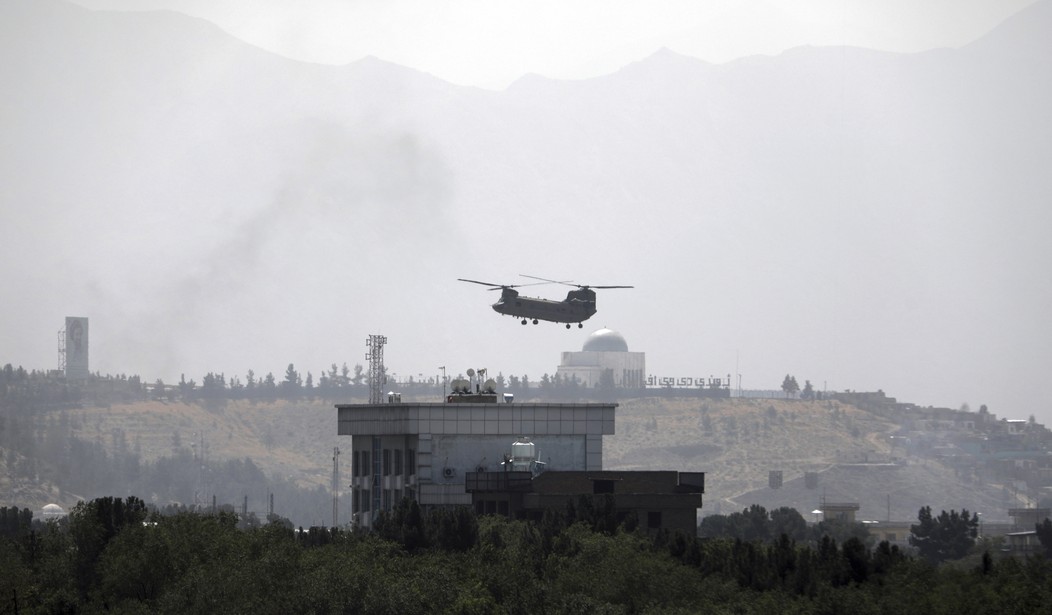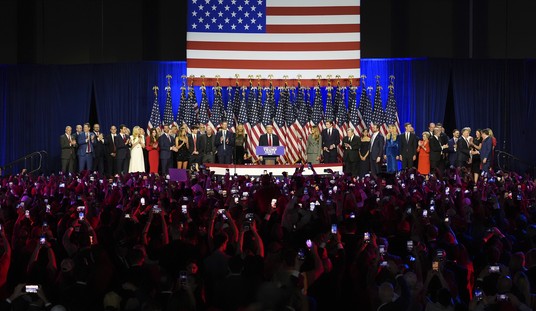Power abhors a vacuum and Afghanistan is no different. Where U.S. influence was once dominant, it’s now hard to see it anywhere in Afghanistan. And with American troops gone, all of Central Asia is now Moscow’s for the taking.
Russia didn’t “win” anything, but they ended up at the top of the heap because there’s no one else. Though it’s been more than 30 years since the last Russian troops left Afghanistan after their own failed adventure in imperialism, Moscow is once again asserting itself in Central Asia.
In the long post-Soviet jostling for power and influence in Central Asia sometimes called the new Great Game, an ever more dominant player has emerged from the chaos and confusion of Afghanistan: Russia, at least in security affairs.
“I wouldn’t say a wounded animal,” the Russian foreign minister, Sergey V. Lavrov, said on Tuesday of the withdrawal of NATO and the U.S. forces from Afghanistan. “But this is a group of countries that in a very painful and difficult way is giving up on the positions in the world they were used to for many decades.”
The “old” Great Game predates this new one by more than 170 years. But the goals of the game haven’t changed, only the players. Originally, it was the Russian empire versus the British empire — a struggle in which Great Britain was considered the “winner” largely by default. Russia stopped playing the game as a result of the revolution of 1917. Moscow didn’t reengage until the later stages of the Cold War and was promptly handed its lunch by the mujahideen.
Now, Moscow is moving with purpose and strength.
The strengthening of Russia’s position in Central Asian security matters is part of a broader shift brought about by the Taliban’s rise to power. Russia, China and Pakistan all stand to gain influence in regional affairs with the West’s withdrawal, while the United States and India stand to lose.
“I’m thinking of this as a post-Western or post-U.S. space now,” said Alexander Cooley, director of the Harriman Institute at Columbia University, and an authority on Central Asia. “It’s a region transforming itself without the United States.”
Moscow’s selling point is that the American century is passe, democracy is a sham, and the United States can’t be trusted.
From Latin America to Eastern Europe, Russia has fought for influence by insisting that the United States cannot be trusted. Nikolai Patrushev, the secretary of Russia’s Security Council, warned that America’s friends in Ukraine could soon also be disappointed.
“The country is headed toward collapse, and the White House at a certain moment won’t even remember about its supporters in Kyiv,” Mr. Patrushev said in an interview published on Thursday.
Part of that analysis is wishful thinking. But it’s hard not to acknowledge what the American bug-out from Afghanistan means at home.
The pullout from Afghanistan represents the coda to an epoch of American power and influence. It reached its peak on September 11, 2001. At that moment, there may have been no more powerful nation in the history of human civilization.
That moment before the towers crumbled, the United States was the unchallenged master of the planet. After that, a series of choices by Presidents Bush, Obama, and Trump slowly drained the United States of power and credibility until Joe Biden’s hapless decision to leave hastened our demise.
The United States has lost its way. For those in Moscow, Beijing, and some capitals in the Middle East, an effort is underway to decide how best to take advantage of an America laid low by its own hubris.
One thing is sure: Joe Biden is not the man to lead the U.S. at this critical juncture.










Join the conversation as a VIP Member